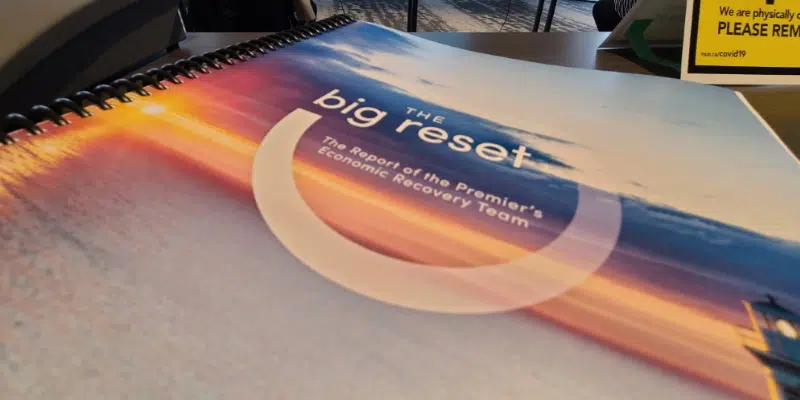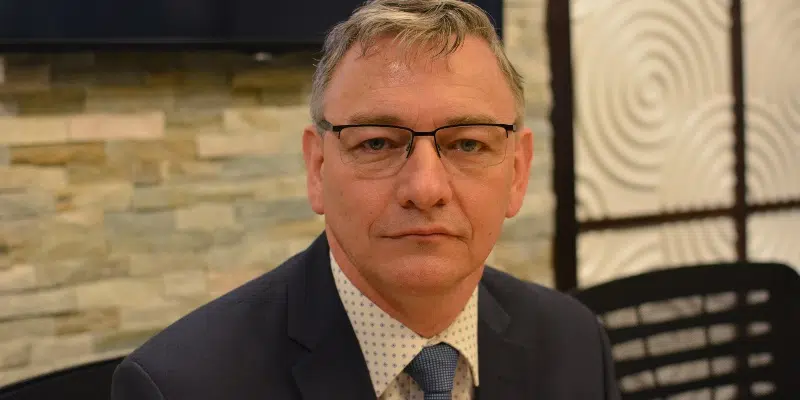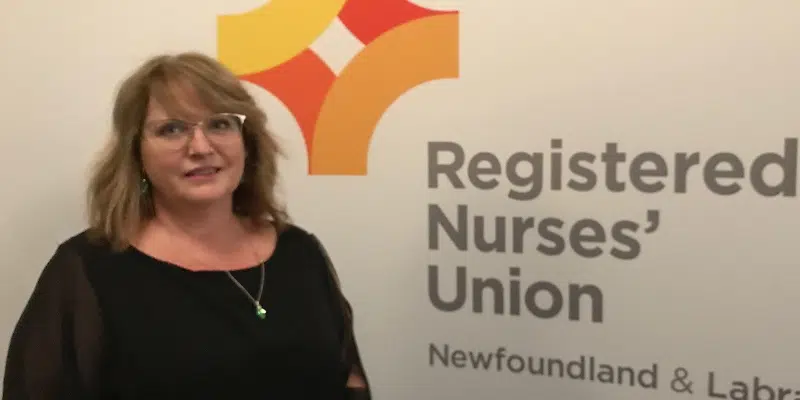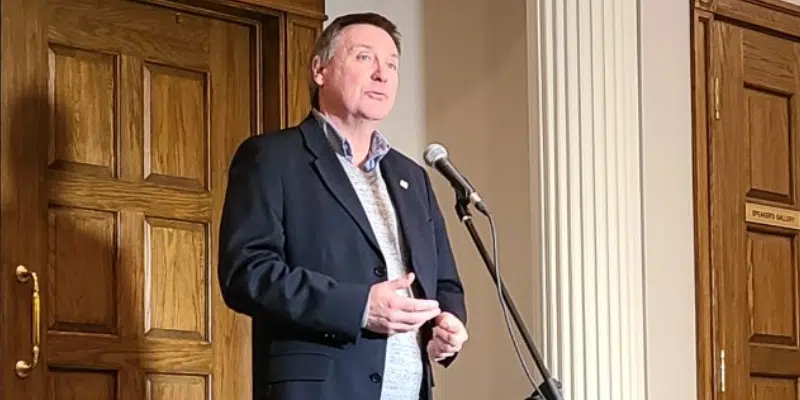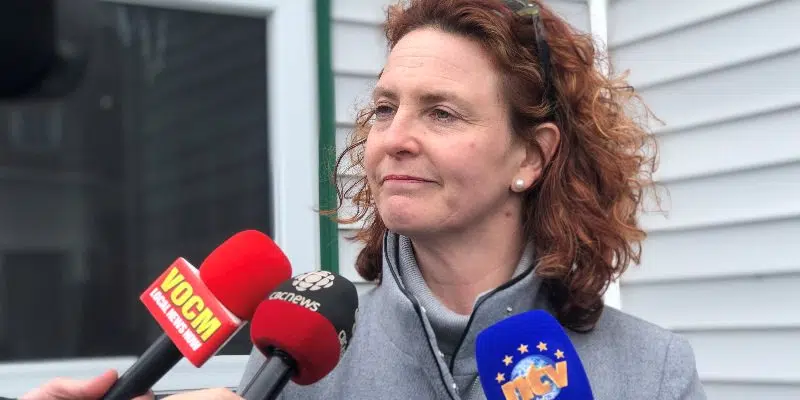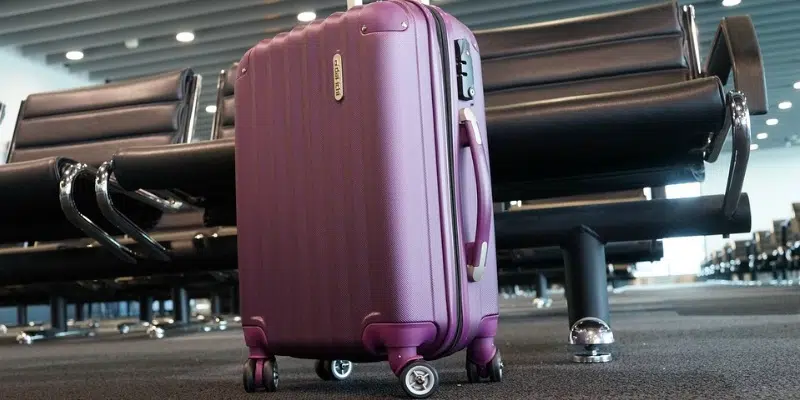Chair Moya Greene concluded the release of the Economic Recovery Report and its recommendations with a question to all Newfoundlanders and Labradorians.
“In your heart of hearts, what do you think will be the prospects for our province if we fail to make these big resets?”
There’s no doubt Newfoundland and Labrador is in serious financial trouble and on the brink of bankruptcy, what’s left now is to see if government is willing to make the tough decisions that need to be made.
While some people took the report as the wake-up call this province needs to right the province’s financial ship, many came out swinging yesterday in their reaction to the report.
Public-sector unions have been quick in their response to “The Big Reset.”
NAPE President Jerry Earle didn’t mince words in reacting to what Greene had to say about the province’s spending problem. He called it a “punch in the gut” to public sector employees, including health care workers and others, who are working through a pandemic on the front lines.
Unifor says the “slash-and-burn ‘reset'” recommendations in the Greene Report will hurt the province’s workers, cut vital social services and impede a post-pandemic economic recovery if implemented.
Meanwhile, in a response to the criticism that came fast and furious, Greene says all leaders in the province have to accept that change has to happen. She says she’s sorry that Earle feels he can afford to close his ears to the desperate financial realities facing the province.
Greene says leadership in all sectors must understand “we can’t keep going like this.”
The FFAW calls The Big Reset “the great regression.”
CUPE echoes those concerns, saying services have already been reduced, and the Economic Recovery Team’s recommendations will reduce the quality of life in Newfoundland and Labrador and depress the economy.
MUNFA says it rejects the Premier’s Economic Recovery Team’s report, which recommends the cut of operating grants by 30 per cent at MUN.
Memorial University of Newfoundland Faculty Associations is calling on MUN President Dr. Vianne Timmons and Chair of the Board of Regents, Iris Petten, who assisted with the preparation of “The Big Reset,” to oppose cuts to the university.
MUNFA President, Bill Schipper says in order for the province to recover from the global pandemic, a strong post-secondary sector is needed now more than ever.
Since 2015, MUN has seen successive cuts to its operating grants and Schipper says the report fails to acknowledge the education system as an investment in the future of Newfoundland and Labrador.
MUNFA is emphasizing the need to maintain at least the current level of support for operating grants and MUN.
The Canadian Federation of Students of Newfoundland and Labrador is joining MUNFA in their rejection of the report.
CFSNL Chairperson, Katherine McLaughlin says the report is an attack on youth and students in Newfoundland and Labrador. McLaughlin says if adopted, the recommendations will cause a detrimental long-term impact on students.
The federation is now calling on the government to reject the report as they say now is the time to be investing in post-secondary education and keep education affordable by holding the tuition freeze.
They say access to education in this province will never be the same if there are dramatic cuts to operating grants at Memorial University and the College of the North Atlantic in a time when students are struggling to find work and make ends meet.
The Economic Recovery Report is also suggesting a 25 per cent reduction in funds to the health authorities. Green says Newfoundland and Labrador spends 24 per cent more per capita in health spending than any other province.
The province’s health outcomes are among the worst in the country, leading some to ask Greene why cuts to health spending make sense.
“Because money is not the answer,” she says, “If money was the answer, we’d have the best outcomes.”
That’s not sitting well with Registered Nurses Union President Yvette Coffey who says spending cuts are not the way to go. She says she regularly gets calls from nurses who cry on the phone because of the workload.
“We need to invest in the health care system to improve health outcomes,” says Coffey.
Greene also questioned the need for four separate health authorities and the duplication in services and spending that brings.
“We don’t need four health care authorities in a province of 520,000 people,” Greene says. She pointed to the use of telemedicine and also highlighted the work of highly qualified nursing practitioners in delivering services in communities.
During the election campaign, the PC Party slammed the Greene Report as the Liberals’ secret plan for cuts. According to Leader David Brazil, the party’s worst fears were confirmed.
He contends that the report is “beyond” what they feared and says most of the report is “alarming” to him, and believes the people of the province will not be better off with any of the recommendations implemented.
The leader of the province’s NDP believes that in order to address Newfoundland and Labrador’s massive debt load, changes must be made in how government officials think.
The Economic Recovery Team’s report places a heavy focus on cuts and tax increases to get the province to a balanced budget in six years.
While Alison Coffin agrees that the province needs some tough medicine to address the fiscal climate, she points back to chair Moya Greene’s contention that the Liberal government has been adding to the debt load over the last six years.
In the report, Green pointed to an indifference to deficits being engrained in the province’s culture. If that is so, Coffin believes it is because the province’s leadership has been saying such an ideal is okay.
Now, what she heard from the report is that people in the province must sacrifice more because of that leadership.
She is concerned about what is being expected of people who have unfairly been placed with such a debt load and contends that poor decision-making got the province here and changes need to happen.





